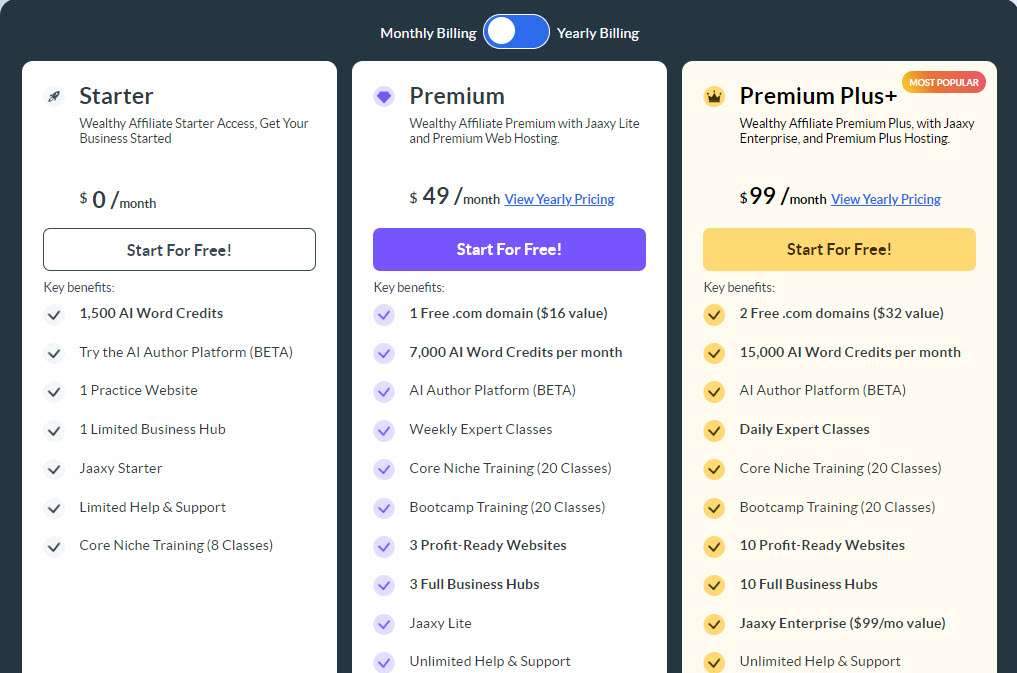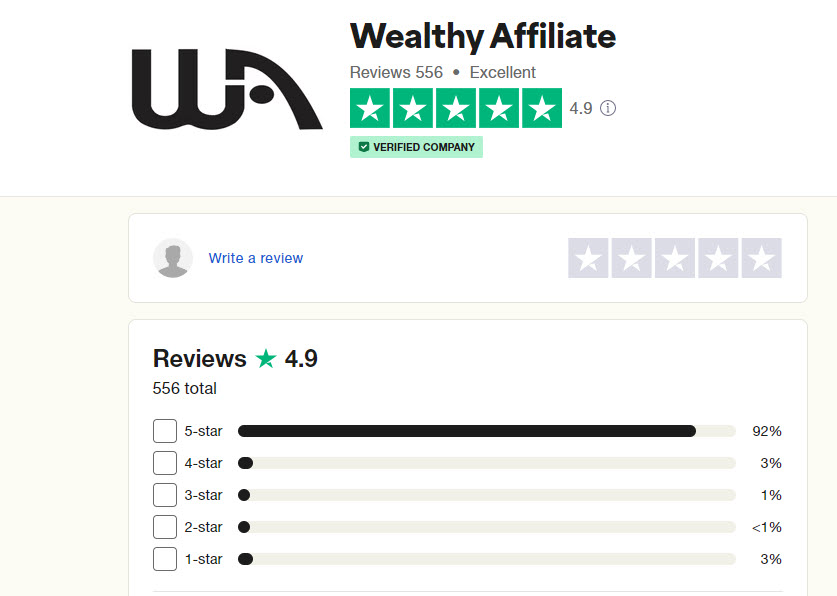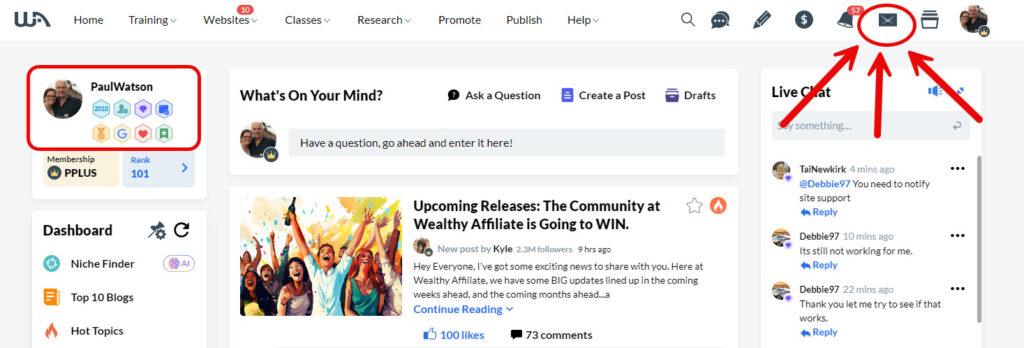Hey there sea changers and welcome to my post where we will check out my 5 strategies for optimizing product reviews for SEO this year. One of the key tools of affiliate marketers, product reviews allow for the promotion of products to viewers in an effort to drive up traffic and of course, sales.
It stands to reason then that optimizing product reviews for SEO can significantly enhance your online presence and improve the visibility of your products. And writing detailed, informative reviews creates rich content that search engines value, allowing your products to stand out in a crowded online marketplace.
- Understanding Product Reviews
- Importance of Authentic Content
- Structured Data for Reviews
- General SEO Practices
- Encourage User-Generated Content
Strategies For Optimizing Product Reviews For SEO
Optimizing your product reviews for search engines can significantly impact your site's visibility and authority. Attention to SEO elements in reviews can enhance your rankings and drive targeted traffic.
1. Understanding Product Reviews
The first strategy in any undertaking is to understand exactly what it is that you are trying to achieve. In this case, we are looking to utilize the best SEO practices in order to gain maximum advantage from any product reviews we write, whether they be positive or negative:
- Positive reviews: Positive reviews help in building trust with the audience. By providing honest and comprehensive insights into the benefits and potential drawbacks of a product, affiliate marketers can guide consumers in making informed purchasing decisions.
- Negative reviews: By detailing why a product might not meet certain needs or expectations, marketers can guide different segments of their audience towards products that are more suited to their specific requirements, thereby improving the overall shopping experience for their followers. A.k.a the “bait and switch”.
Affiliate marketers must also have good knowledge of the search intent of their readers as well – i.e. why are they searching for information in regards to a particular product.
Check out my post: How to write a product review
2. Importance of Authentic Content
Your product reviews must be genuine and informative as well as being able to build trust with your customers. Authentic content refers to original, genuine material created with honesty and transparency, aiming to provide real value to its audience. Unlike content that might be overly promotional, biased, or plagiarized, authentic content is characterized by its sincerity, reliability and relevance to the reader's interests or needs.
Now, as you read that, it should become quite clear why this is doubly important when it comes to product reviews. Afterall, it is your opinion that your readers are reading hence they need to believe that it is not only sincere, but not a mask for a hidden agenda as well. Reviews should be written with honesty and transparency, aiming to provide real value to its audience. Unlike content that might be overly promotional, biased or plagiarized, authentic content is characterized by its sincerity, reliability and relevance to the reader's interests or needs.
In terms of SEO, authentic content is increasingly valued by both audiences and search engines and stands out in a crowded digital landscape, helping to build trust, loyalty, and authority over time.

3. Structured Data for Reviews
Structured data for reviews refers to a standardized format used to organize and present information about reviews on the web in a way that is understandable to search engines. It involves using specific markup (code) to annotate elements within the review content, such as ratings, author, review bod, and product name, so that search engines can easily parse and understand the content of the review.
Structured data allows search engines to not only crawl but also understand the content of your product reviews. For reviews, using the Review or AggregateRating schema from Schema.org is crucial with a markup typically implemented using schema.org vocabulary and can be encoded in various formats, including JSON-LD (JavaScript Object Notation for Linked Data), Microdata, or RDFa.
Key elements that can be marked up in review structured data include:
- Review Rating: The rating given by the reviewer, usually on a scale (e.g., 1 to 5 stars).
- Author: The name of the person who wrote the review.
- Review Body: The full text of the review.
- Date Published: The date when the review was published.
- Item Reviewed: Information about the product, service, or entity being reviewed, including its name and possibly a description.
As above, implementing structured data for reviews correctly is crucial for SEO as it helps search engines better understand the content and context of the reviews, potentially leading to higher visibility in search results. It's also beneficial for users, as it provides them with key information at a glance, helping them make more informed decisions about clicking through to read the full review or learn more about the product or service being discussed.
4. General SEO Practices
As with all posts in affiliate marketing websites, general SEO practices must be undertaken to give your reviews the best chance of making it hp to the higher ranks of search engine results pages (SERPs). This includes”
- Page speed: Your review pages must load quickly to reduce bounce rates and improve user experience. Use tools like Google's PageSpeed Insights to identify areas for improvement. Techniques such as compressing images, enabling browser caching, and minifying CSS and JS files are effective strategies to accelerate page load times.
- Mobile optimization: With mobile devices accounting for a significant portion of internet traffic, your product review pages must be mobile-friendly. Utilize responsive design to ensure content looks good on all screen sizes. Additionally, consider the usability factors like button sizes and font readability to enhance the mobile experience. Google’s Mobile-Friendly Test can help you evaluate your page's performance on mobile devices.

5. Encourage User-Generated Content
We have discussed above a couple of times the importance of ensuring that your reviews are transparent and able to resonate with your audience. Once of the best ways to prove this to search engines, is to encourage your readers to comment and interact with your review.
Here are several strategies to foster user interaction:
- Ask for Opinions and Experiences: At the end of your review posts, invite readers to share their own experiences with the product or service.
- Respond to Comments: Make it a point to respond to comments on your posts. Acknowledging both positive and negative feedback shows that you value your audience's opinions, encouraging more users to join the conversation.
- Use Social Media: Share your reviews on social media platforms and encourage discussion by asking questions related to the review.
- Include Call-to-Action (CTA): Use clear CTAs in your posts, such as “Leave a comment,” “Share your thoughts,” or “Let us know your experience.” Direct invitations like these can significantly increase user interaction.
- Run Contests or Giveaways: Link contests or giveaways to user interaction. For example, you can ask users to comment on a review post or share their own review for a chance to win.
- Create Polls and Surveys: Incorporate polls or surveys within your review posts or on your social media channels to gather opinions about the product or aspects of your review.
- Highlight User Comments: Feature standout comments or user reviews in your posts or on your social media channels. Knowing that their input might be highlighted can motivate users to engage more actively.
- Use Interactive Media: Incorporate interactive elements like videos or infographics in your reviews. These formats can be more engaging and shareable, encouraging users to interact with and disseminate your content.
- Leverage User-Generated Content: Encourage users to submit their own reviews or experiences, which you can feature on your site or social media. This not only provides you with additional content but also fosters a sense of community and belonging among your audience.
Engaging with your customers by responding to reviews, both positive and negative, demonstrates your commitment to customer satisfaction and can inspire trust in potential buyers. Be sure to use relevant keywords in your responses to further enhance your SEO efforts, but keep them natural and context-appropriate.
FAQs
How Can I Ensure My Product Reviews Are SEO-Friendly?
Ensuring your product reviews are SEO-friendly involves several key strategies. First, conduct keyword research to identify relevant keywords that potential customers use when searching for products in your niche. Make sure your reviews are detailed, providing valuable information that addresses user queries and concerns. Use structured data markup to help search engines understand and display your content effectively. Additionally, optimize images by using descriptive file names and alt tags. Lastly, encourage social sharing and user engagement, as these factors can signal to search engines that your content is valuable and relevant.
Conclusion
And there it is – 5 strategies for optimizing product reviews for SEO this year. I hope it has been helpful and as usual, please do not hesitate to comment below if you have any questions, need some advice or have any experiences to share.
Do you want further assistance with any of the above or need help to build your own affiliate website or identifying product review opportunities?
Are you looking for a comprehensive training platform that can give you step by step training, 24/7 support, tools to develop and host your very own website, ongoing assistance with SEO and social media and access to some of the best online marketing minds on the planet, then click on the following link to read more about Wealthy Affiliate.
Until next time
Have fun
Paul
Note: If you make a purchase from this page, there is a very good chance that I make a commission from it – these commissions do not increase your sale price. This may include sales made via Wealthy Affiliate.




















